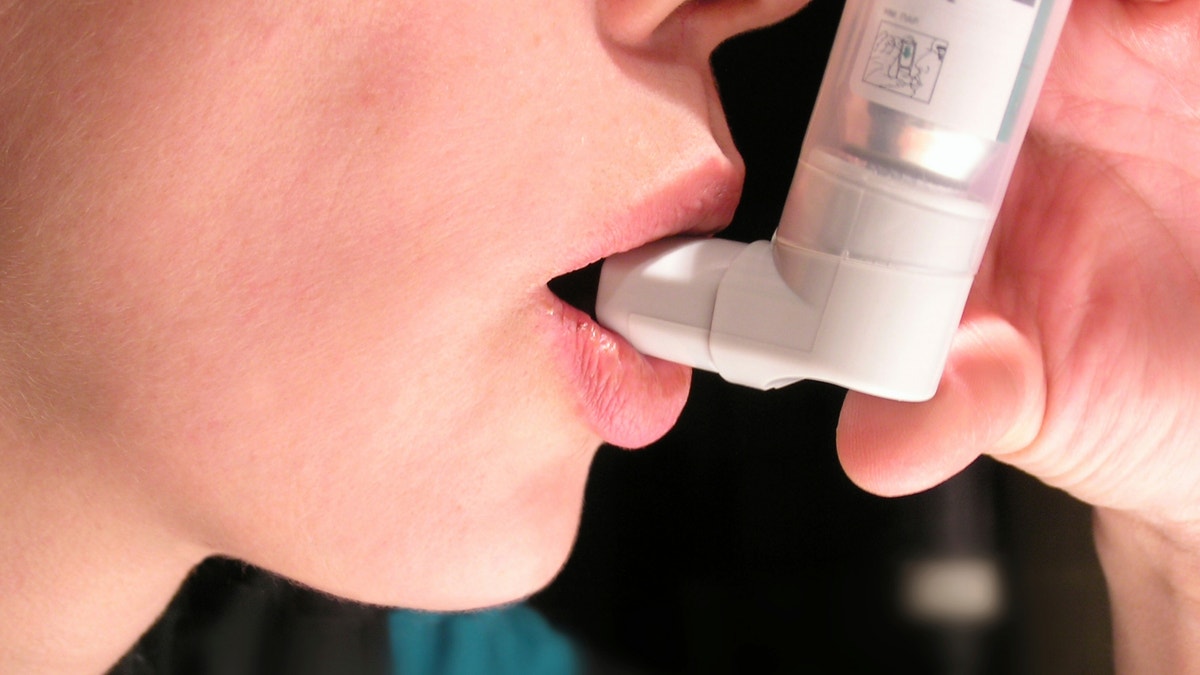
OLYMPUS DIGITAL CAMERA
In countries around the world, people with asthma appear to have an increased risk of depression, a new study finds.
The results show that among people living in 57 countries, those with asthma had more than double the odds of experiencing depression compared with those without asthma.
While previous studies have linked asthma and depression, the majority have been conducted in the Western world, including North America, Australia and Europe. Because countries differ in such factors as common asthma treatments and access to health care, it wasn’t clear whether this link would be found in non-Western nations, the researchers said.
"Despite a range of country differences that could affect the association of asthma with depression…the results of this study indicate that the co-occurrence of asthma and depression is a universal phenomenon," the researchers write in the Aug. 9 issue of the International Journal of Epidemiology. Moreover, the link appears to be strongest in non-Western countries, the researchers said.
The findings are important, because people who experience depression along with asthma have worse health, including increased severity of asthma, a greater risk of hospitalization and a higher risk of dying, the researchers say.
However, it's not clear now whether all asthma patients should be screened for depression, because it's not known if treating depression could improve asthma symptoms, the researchers said.
Adrian Loerbroks, of Heidelberg University's Mannheim Institute of Public Health in Germany, and colleagues analyzed information from more than 245,700 people who had completed the 2002 World Health Survey. Participants reported whether they had ever been diagnosed with asthma, or had experienced attacks of wheezing in the last year. They also answered questions intended to diagnose major depression, such as whether, within the last year, they experienced a loss of interest in activities they enjoy.
Overall, about 6.4 percent of people had asthma, and 10.3 percent had wheezing. Rates of asthma ranged from 3.9 percent in Africa to 19 percent in Australia, and rates of wheezing ranged from 8.2 percent in Africa to 19 percent in Australia. About 8.4 percent of people experienced major depression within the last year.
The link between the conditions was strongest among people in South America and Asia, although it was also present in Europe, Australia and Africa.
It's still not clear whether having asthma might cause depression, or vice versa.
It's possible that psychological stress, such as that from depression, affects the immune system in a way that predisposes people to asthma. For instance, stress may increase inflammation in the airway, which could lead to asthma, according to a review published last year in Primary Care Respiratory Journal.
It could also be that asthma patients with depression suffer worse breathing symptoms because they do not adhere to their asthma treatments, or because they perceive their symptoms as more intense, the review says.
Pass it on: The link between asthma and depression holds true no matter where in the world people live.
